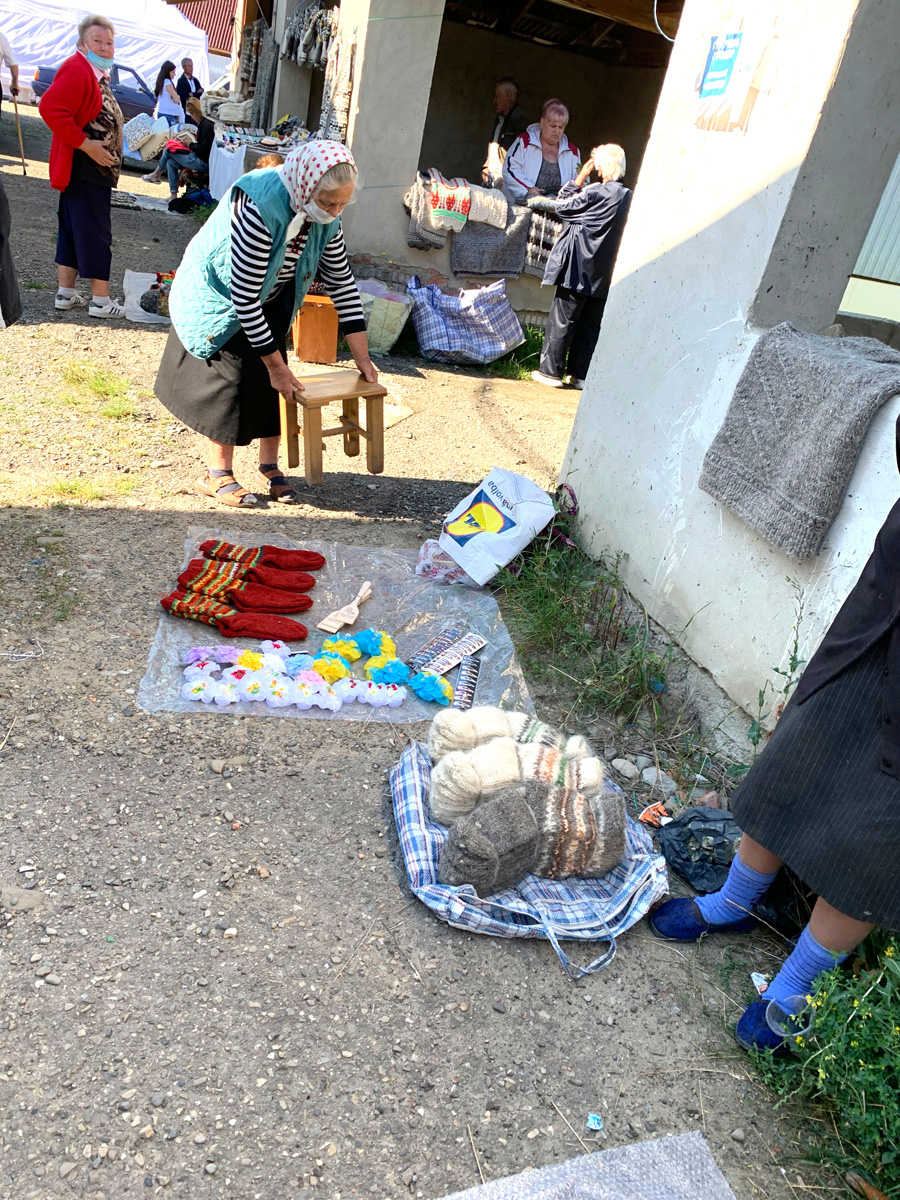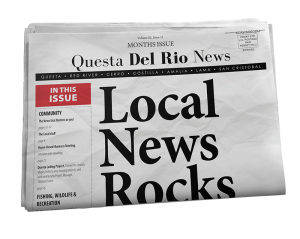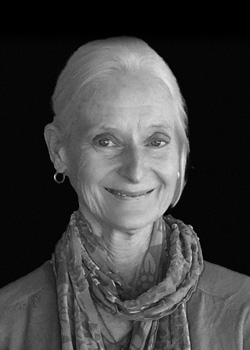American friends Chris and Luz met in Ukraine while serving in the Peace Corps and both remained after their service to work in Ukraine. They have remained friends and kept in touch. They shared their experience in Ukraine with Questa Del Rio News on May 5. Since Chris so recently returned to the US after being evacuated from Ukraine when the war broke out, we began the conversation with recent experiences in Ukraine. Both of them wish to remain anonymous because of security reasons and their current international positions.


CHRIS: I am actually Lithuanian, but my grandmother was Ukrainian and part of the diaspora. When I first moved there, I was living in a village in the western part of Ukraine and as the crow flies, I was about 70 or 80 miles from where her father grew up. Now it is on the Polish side of the border. It was on the trail to the salt mines in Drohobych . These salt mines have been there since 1250—wow, stuff is old there! I speak Ukrainian now, thanks to the Peace Corps helping me learn the language. I’m not fluent, but I can get by, I can get on any bus, read the news…
I joined the Peace Corps at a non-traditional age. I quit my US life, quit a job, sold my house and car, and moved to Ukraine to be a Peace Corps volunteer. I had a stupendous, tremendous, amazing placement and I fell so in love with the country and the people. This village I lived in was so spectacular; it really became a part of me. It became this sense of my future, too, and because of that—because I had such a good experience, when my Peace Corps service was over, I got a full-time job there working for a regional organization. I was there until this February when I was evacuated because of the Russian invasion.
In the Peace Corps, I was in what’s called the community development track. I worked for the government in the village council offices. I worked with my sponsor, my counterpart. She makes sure you have a job and clear expectations, a place to work, and a place to live; she was the project manager for the village and so she and I worked together on a whole variety of projects.
LUZ: Only recently has Ukraine started having all these individual city and village councils, with their own agency, because everything in the Soviet Union had been so top down; it’s been seven years ago now that they’ve had this decentralization plan, so every village council is responsible for their own budget and they come up with their own ideas and what they want to do in their community—they don’t have to get permission.
So, yeah, if Ukraine is there for 90 years, that equals 70 years of the Soviet Union, and 20 years since, and everyone was told what to do; here, you will produce 150 plates in your factory, easy, no-brainer—so when it becomes a brainer, you have to start thinking. Shoot, we need garbage cans in the village, how do we get garbage cans? We want a fire truck, where do you begin? You have the goal and start working backwards. It takes critical thinking and community meetings. It’s hard there because the Russians didn’t like anyone who had critical thinking skills, it was beaten out of them by the Soviet Union… it can be real trouble if you question things.
CHRIS: Yes! I happened to be in this community that was interested in change but didn’t have all of the tools to get there, so, truthfully, for six months I pretty much just sat and listened. I learned the language and we drew a lot of pictures and mimed as I was learning the language. One of our big projects was to get the community strategy from a 70-page document that was collecting dust and make it into one page. We did a big poster of it; here’s our strategy and here’s our main goal and here are the components that we wanted to incorporate in the next ten years. We hung it in the village council, I could hang it in the school… it was this working document. It was the simplest of things, but all of a sudden, things came to life. People wanted to turn that old school that we don’t use anymore into a hostel.
It was just me listening, talking to my counterparts, and then assisting them with what they wanted to do. One of the key reasons it was just such a great place to be is that they knew what they wanted to do, and I was a little spark—they just needed to have a champion. Each neighborhood has a deputy and they all come to these bi-weekly community meetings. We started with the deputies and then we moved on to other informal community leaders and then we did a session even with the youth.
The youth were so active! Theirs was the first project that actually got completed. They called it a clean-up marathon. Our community was actually four different villages that amalgamated as one community and the youth wanted to clean up the roads. Every winter the snow melts in the spring and then the roads are full of trash. They were sick of it and so these kids said, “Here’s what we’re gonna do, we’re gonna do like a run-walk from each of the villages to the center village and on the way, we’re going to pick up trash, put it in bags.” Then the City Council said fantastic, leave the bags alongside the road we’ll follow with our tractor and our trailer and then we’ll take it to the dump. Every single kid from the schools participated. There are about 5,000 people total in all the villages, and I think we had 250 people come and participate in the Saturday morning event, and they sold magnets to raise money for their own projects going on: the magnets said something like, “We work together, together it works,” or something like that.
There was this whole idea of, “We are part of the community, if we’re going to live here, we can’t just wait for the adults to make change—we can do it, too!” So that was fun to see these high school kids come together; they planned it and then they did the marketing to get the younger kids participating. Super fun, and we had a good time. And the church donated all these trees, these saplings to replant in the central park, so we all met there, we planted trees and, in the park, that was the big send-off for the day.
We had a lot of participation; it was this immediate effect that people could see. So that was the best project, and we did other things. I helped translate a lot of documents, they wanted to write grants and they did a lot of proposals. The stadium, where they play the local soccer matches, needed some upkeep and we worked with the federal ministry that does the decentralization development.
The Ukrainian government had grant programs; you can write your proposal and they will support you: they had a list of things they support. My job was to help connect them with other kinds of business leaders. There were a lot of people in the city of Lviv, just north of us. It’s called an oblast; equivalent to a state. Elected officials wanted to see the whole oblast grow and develop. Sometimes we would just send information to community leaders, people with private business and they would say, “Hey we heard you need boxes; well we have a paper factory here, we have the boxes. We could supply them locally, it’s right up the road, and you don’t have to get them from Poland.”
I would help them put business proposals together. I helped a blueberry farmer write his business plan. Someone wanted to start an English school. She had just been doing individual teaching in people’s homes and we helped her write her business plan so she could start her English school in the village. That’s progressing, she’s still doing it, she just opened a second school in another village.
LUZ: Ukraine has been an independent country for 30 years, as of last August—it was August of 1991. There were still some pretty strong ties to Russia and Moscow for many years and little by little this blossoming effect of self-identity… “Hey, we can make our own decisions and we can figure this out and be who we want to be!” And recognizing even just the different regions and personalities, it really was a great time to be there!
CHRIS: I did my service for the Peace Corps, and then I came back again for about 15 months until February… I can’t wait to go back, I want to go back as soon as I can. I need to go home, it is home, my home now. It was a good place for me to be at this stage of my career. I found a lot of engagement and self-fulfillment—very fulfilling work.
We gave you this background on the experiences of Peace Corps Volunteers. Next month, the conversation turns to the war in Ukraine, stay tuned!




